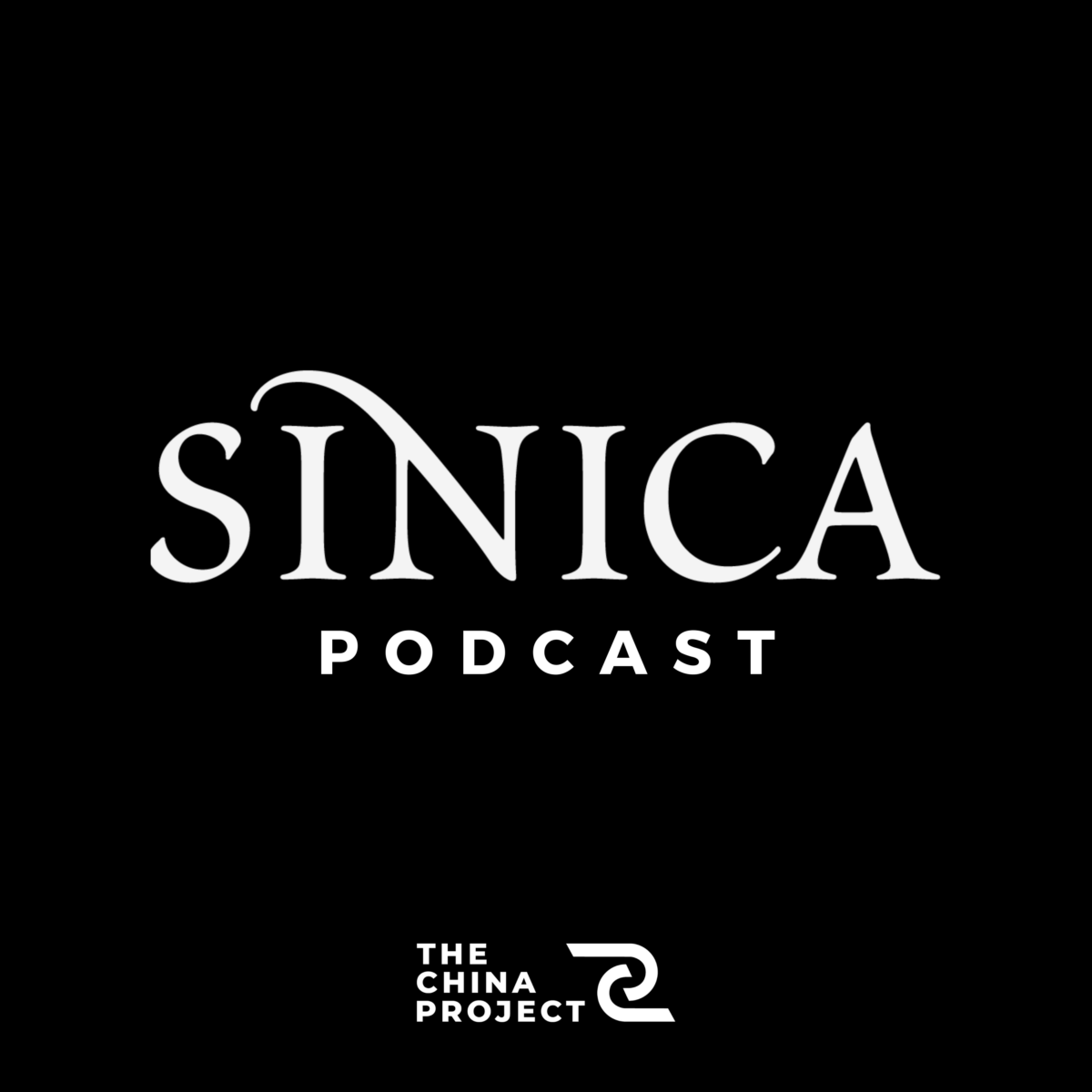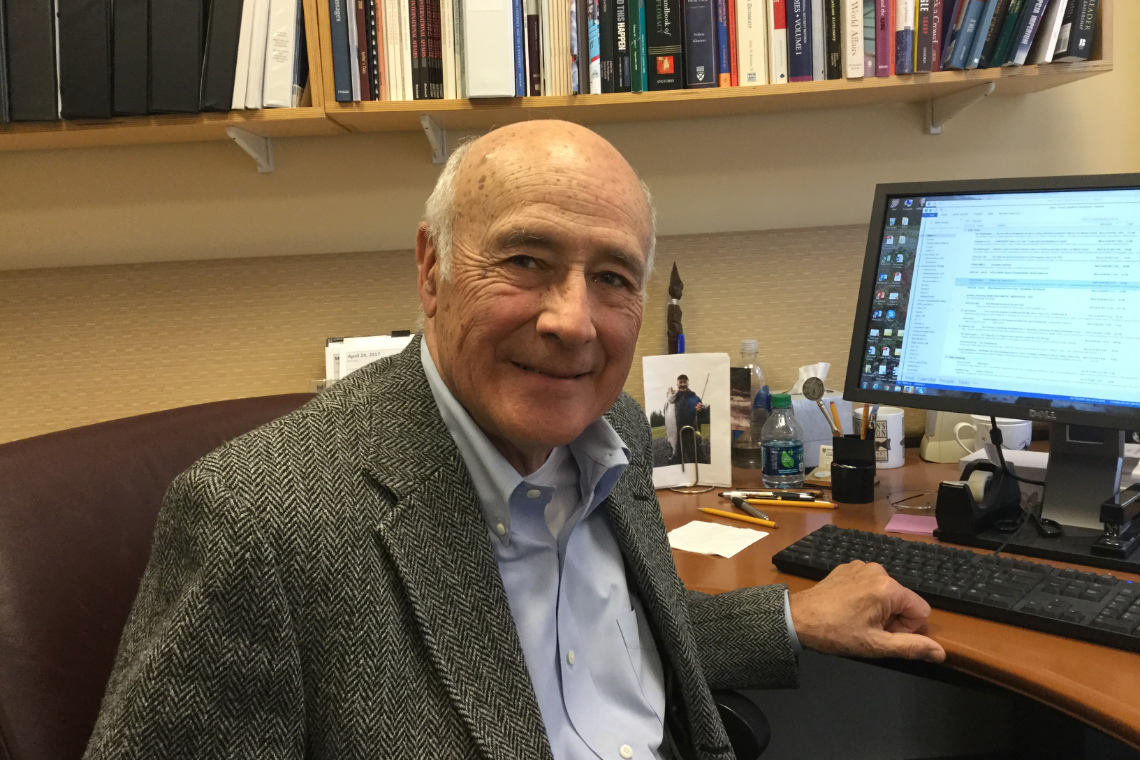When Joseph Nye, Jr., first used the phrase soft power in 1990 in his book Bound to Lead: The Changing Nature of American Power, China did not factor much into his calculus of world order: It had relatively little military and economic power, and none of the softer “persuasive” or “attractive” abilities that Nye saw as key features of the global domination of the United States.
Today, we live in a different world, and though China is achieving remarkable military might and economic dominance, Nye would argue that China has only made stumbling progress in becoming a more attractive brand to most other nations.
What are the continuing roadblocks to China’s progress in building soft power? How is Donald Trump affecting the balance of such power between the U.S. and China? Are both countries headed toward an inevitable great power conflict — also known as the Thucydides Trap — in which an established power’s fear of a rising power escalates toward war? And has the meaning of the term soft power changed in the last 25 years, between 1990 and 2015, when Nye published his most recent book, Is the American Century Over?
Jeremy and Kaiser spoke with Nye, a University Distinguished Service Professor at Harvard University, at Harvard’s John F. Kennedy School of Government, where he was formerly the dean.
Recommendations:
Jeremy: “Imagining Re-Engineered Muslims in Northwest China,” a largely visual article by Darren Byler on Chinese propaganda about Muslims in Xinjiang Province.
Joe: Is the American Century Over?, his most recent book, which contains a chapter that specifically compares the U.S. and China in soft power. Plus, an upcoming (planned for a mid-September 2017 release) Ken Burns film on the Vietnam War, which should be of interest to anyone interested in Asia, the U.S., or history in general.
Kaiser: The collection of Renaissance oil paintings at the Arthur M. Sackler Museum at Harvard University.








